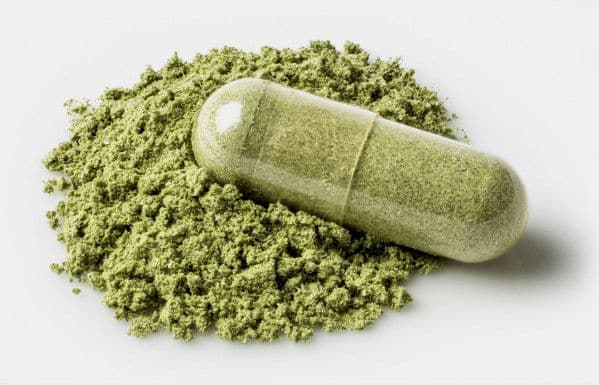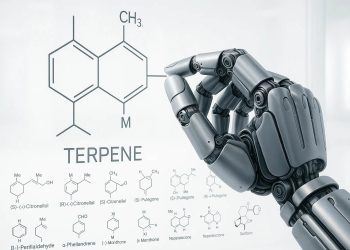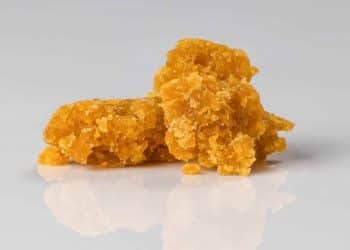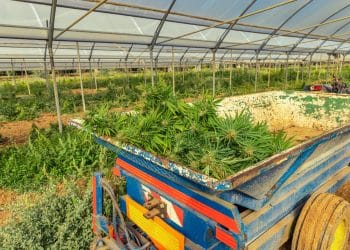Someone recently asked me, ‘will Big Pharma become involved in extraction?’ Depending on your definition of “involved,” they already are.
Big Pharma Wants to Keep Their Pie
Let’s be clear, if it wasn’t for the status of cannabis as a Schedule I drug, Big Pharma would likely already be considerably hedged into that market.
It’s exceedingly difficult to manufacture a CBD product that will be approved by the FDA; that’s why there are so few of them and why they are so expensive for Big Pharma to commercialize.
Big Pharma knows the economic value of cannabis as well as anyone; it’s estimated that if Cannabis were legalized in all 50 states, Big Pharma would lose out on at least $500 million in annual revenue as people replace their prescription pills with medical cannabis (1).
Perhaps reluctant to mitigate a reliable revenue stream, Big Pharma has looked to legislative wins to maintain the status quo. In South Dakota, for example, when SB 95 was being written to move CBD to a Schedule IV drug and remove it from the category of ‘marijuana,’ Big Pharma pushed for an amendment that specified the acceptance of only FDA-approved CBD products. As the market for CBD currently stands in states with legalization (and even some without), that would force their competitors to reach the FDA’s standards, as well.
Big Pharma’s Foot in the Door
The amendment would limit the legality only to drugs like Epidiolex, the most poignant example of Big Pharma’s cannabis extraction endeavors. Though drugs like Epidolex™ and Marinol™ are shown to be effective medicines at times, whole plant extracts from cannabis provide the healing properties of terpenes and THC, as well as CBD (2). The entourage effect simply provides better healing qualities than any categorized extract.
As patients emphasize their preference of whole-flower extracts over segregated extractions, the world has taken notice of the medicinal efficacy of CBD.
Figure 1 Whole plant extracts utilize the entourage effect, Epidiolex does not.
After the World Health Organization announced their conclusions that CBD is an effective medicine with nearly zero health risks, many were hopeful it would lead to the eventual legalization of cannabis (3). It has been, but in the same way a domino leads to the collapse of the entire domino chain. When the domino chain of prohibition eventually clinks to an end, the market for extraction is going to open in ways we can’t predict.
Given their current relationship with CBD extracts and their historical involvement in synthesizing cannabis products, it should come as no surprise that Big Pharma will launch its efforts deeper into the cannabis industry upon federal legalization.
So, the question isn’t ‘will Big Pharma become involved in extraction?’ It’s ‘what role will they play in its federally legal industry?’
Image credit: https://mmjdoctor.com/marijuana-is-not-a-gateway-drug-painkillers-are/













